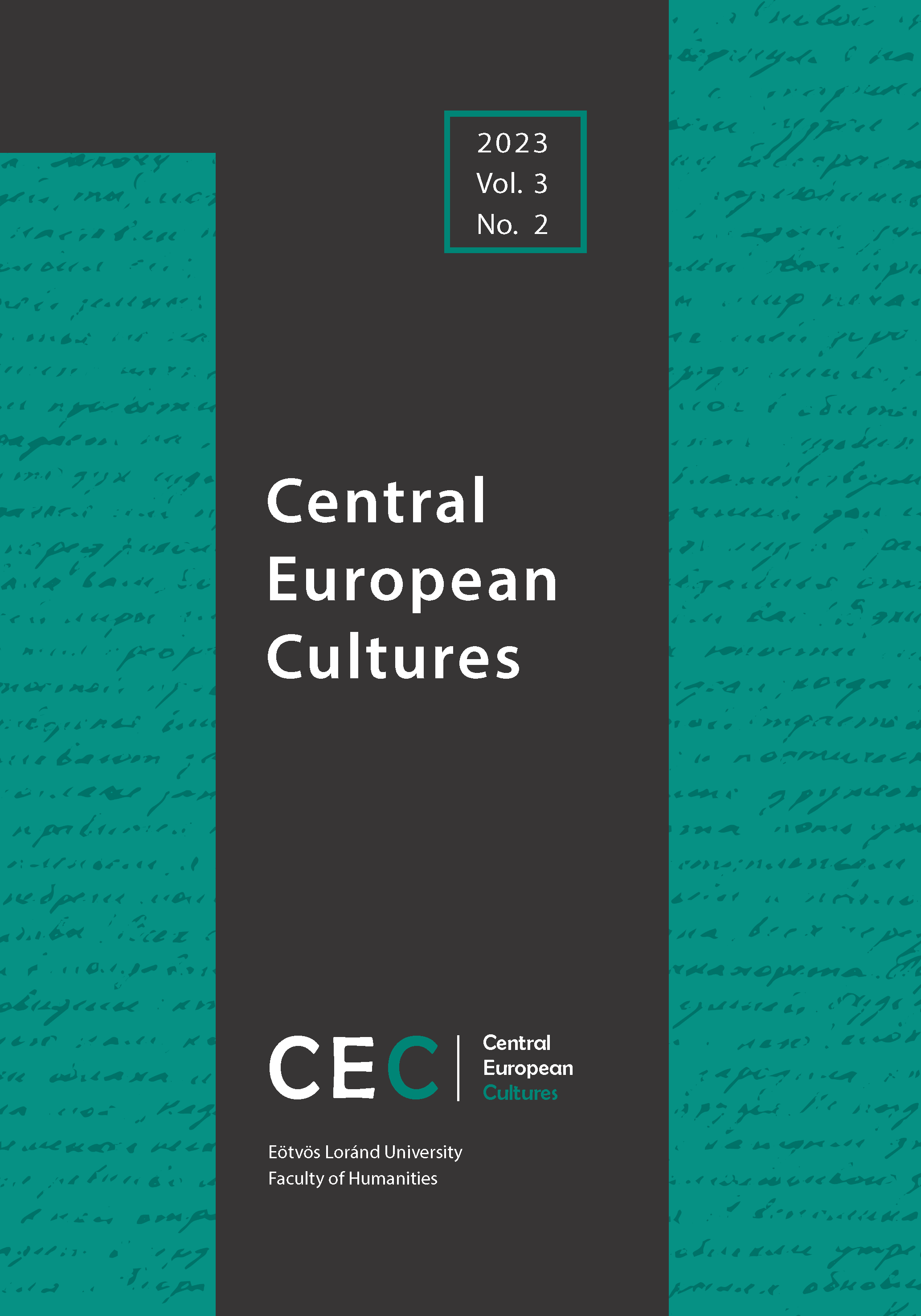Phantom Pain: Kurt Drawert’s Poetics of Aphasia and Atopia
Phantom Pain: Kurt Drawert’s Poetics of Aphasia and Atopia
Author(s): Alexander MionskowskiSubject(s): German Literature
Published by: Eötvös Loránd Tudományegyetem
Keywords: Poetics of History; German Reunification; Ostalgie; Body of Language; alethurgy; Political Maturity; Kaspar Hauser; the other; fake dissidentism
Summary/Abstract: The paper introduces the oeuvre of Kurt Drawert and analyzes, by which means and with which aims the contemporary history of German Reunification is reflected critically in his essays, poems and prose. Drawert’s work circles around carefully recorded absences that the author himself has experienced and which are possibly reflected more extensively due to his relocation to federal West Germany in 1993. Such absences are shown to be ruinous for post-Soviet individuals in the unified society. But at the same time, they are constitutive for Drawert’s poetics, written from the passage through the non-places of his (former) country. Reading his oeuvre from this perspective means comprehending a meticulous measurement in his poetics of the absent: of Heimat, causing an atopian perception (including the increase of retrotopian nationalistic thinking); of speech that has been and still is ‘injured’ or even lost, causing a not only political aphasia (allegorized by the Kaspar-Hauser-figure); and absence of time, as past is lost with the belated and declined East—and the present suffers from a global acceleration, causing an asynchronia in transformation that further reduces the society’s ability to design the future. Drawert’s engagement does not cease with a melancholic exploration of a collective phantom pain, stating a persisting disintegration. Out of the analytical measurement of such ‘left-overs’ of the reunification process in Germany there evolves a harsh criticism of the contemporary situation surrounding the individual in the global digitized society. A related mission of literature reveals the (always fragmented) truth to the reader—prolonging a political kind of criticism whose methods trail back to GDR-opposition. Thus, any ‘valid’ political change would depend on the influence of a common language and maturity.
Journal: Central European Cultures
- Issue Year: 3/2023
- Issue No: 2
- Page Range: 125-161
- Page Count: 37
- Language: English

